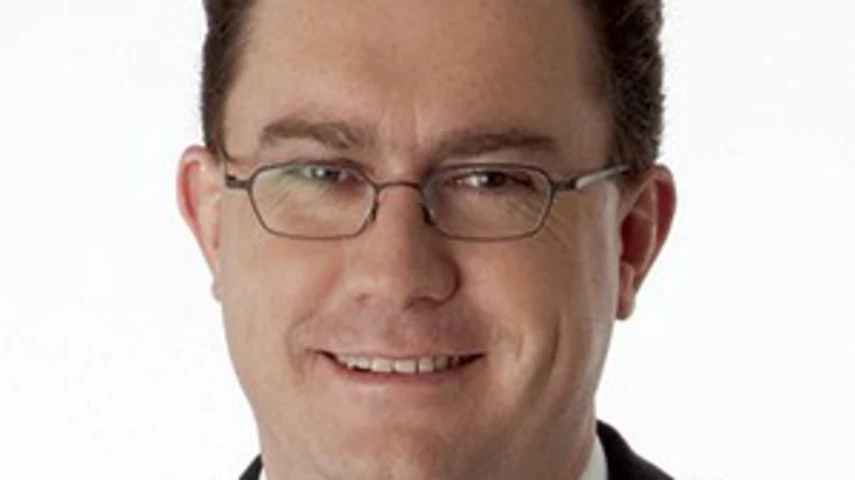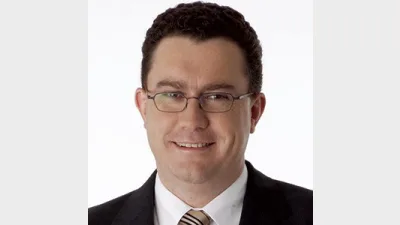AUI seeks property trust merger



Australian Unity Investments (AUI) has proposed to merge its Australian Unity Fifth Commercial Trust (FCT) with its unlisted Australian Unity Office Property Fund (OPF), subject to investor approval in December.
FCT is a fixed terms trust due to terminate in 2015. AUI has stated that it is seeking via the proposal to maximise the value of the trust’s remaining properties - one of which is already 50 per cent owned by OPF.
OPF owns eight office buildings in some of Australia’s major centres, with a forecast total asset value of approximately $366 million (30 June 2014).
AUI real estate investment general manager Mark Pratt said the merger would provide a cost- and tax-effective option to continue their investment in commercial property by removing the reliance on the risks of a sale process.
“OPF is forecast to provide higher distribution returns than those forecast for FCT, has greater diversification than FCT, and intends to continue providing regular capped withdrawal opportunities to investors,” he said.
“If investors vote in favour of the proposal, their investment will transfer to the OPF, with the dollar value of their investment remaining unchanged at the implementation date.”
FCT investors will be eligible to vote on the proposal via proxy or by attending a general meeting on 11 December 2013, in Melbourne.
Earlier this year, AUI successfully merged its Australian Unity Second Industrial Trust with OPF, and, in 2009, converted five of its retail property syndicates and trusts into the Australian Unity Retail Property Fund.
Recommended for you
Evidentia’s chief investment strategist Nathan Lim has announced his retirement after a 30-year career.
GQG Partners has marked its fifth consecutive month of outflows as its AI concerns lead to fund underperformance but overall funds under management increased to US$166.1 billion.
Apostle Funds Management is actively pursuing further partnerships in Asia and Europe but finding a suitable manager is a “needle in a haystack”.
Managed account provider Trellia Wealth Partners, formed from the merger between Betashares and InvestSense, has appointed its first managing partner.










